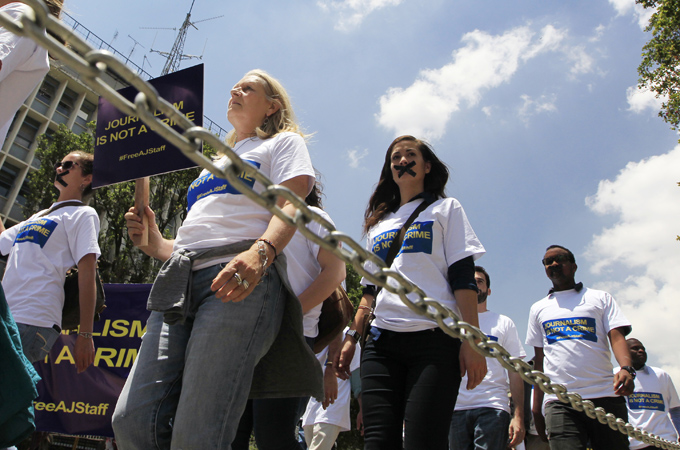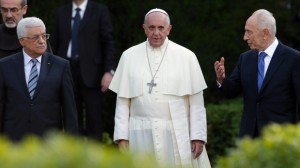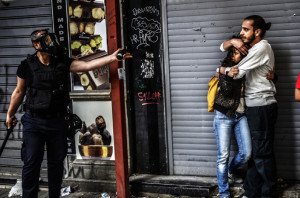By Kathryn Maureen Ryan
Impunity Watch Managing Editor
Ramallah, Palestine – Just hours after the bodies of three young Israeli settlers were found dead in the West Bank the Israel military launched air-strikes into the Hamas-controlled Gaza Strip. The missing settlers, Eyal Yifrah, aged 19, Gilad Shaar, aged 16, and Naftali Fraenkel, a 16-year-old with dual Israeli-American citizenship, disappeared about two weeks ago while they were hitchhiking home from their religious seminary in Kfar Etzion, an illegal settlement in the West Bank. The Israeli army said the bodies were found near Hebron in the Occupied West Bank. “The bodies are currently going through forensic identification. The families of the abducted teens have been notified,” a military spokesperson said.
The disappearance of the three young Israeli men promoted the largest military operations by the Israeli government in the occupied West bank since the end of the Second Intifada. The disappearances of these three young men sparked a massive man-hunt led by the Israel government. In the weeks since the boys went missing more than 400 Palestinians were arrested, thousands of Palestine homes were raided and five people were killed by Israeli gunfire.
The Israeli military launched dozens of air strikes across the Gaza Strip overnight on Monday, only hours after the bodies of three missing Israeli settlers were found. Israeli claimed the strikes were a response to recent and ongoing rocket fire from the Gaza Strip into Israel Proper. However, the attacks came just after Israeli Prime Minister, Binyamin Netanyahu, who blames Hamas for the kidnapping and murder of the Israeli boys, vowed the militant Islamist group Hamas would “pay a heavy price.” The attacks struck 34 locations in the Gaza Strip. The air strikes came as troops on the West Bank killed an 18 year-old Palestinian boy during a raid in Jenin. Israeli authorities claim the teenager was a member of Hamas who threw an explosive device at Israeli soldiers.
Nitzan Alon, commander of the Israeli military said in a statement that “the mission is not over”: “The army, alongside the general security service and the police will continue, for as long as necessary to find the kidnappers, the terrorist from Hamas. We will not rest and not stop until that mission is complete.” Some Israeli politicians have called for harsher steps to be taken against Hamas, some even calling for targeted assassinations. “I don’t know how many leaders of Hamas will remain alive after tonight,” said deputy foreign minister Tzachi Hanegbi.
On Wednesday the body of a young Palestine boy was found in a Jerusalem forest, just days after the discovery of the three young Israel teenagers. The killing raised suspicions that the Arab youth was murdered in a revenge killing carried out by a group of Israelis to avenge the death of the three abducted Jewish teenagers. Residents in Shuafat, an Arab suburb of Jerusalem, said that they had seen a teenager forced into a vehicle outside a supermarket on Tuesday night. They identified the boy as Mohammed Abu Khudair, aged 16.
Following the strikes The United Nations Human Rights office called on all Israelis and Palestinians to exercise “maximum restraint” as the tension across Israel and occupied Palestinian territory escalated as a result of this tragic incident.
“We reiterate our call for strict adherence to international law by all relevant actors to avoid further loss of life, injuries and negative impact on human rights,” The United Nations Human Rights spokesperson, Ravina Shamdasani, said in Geneva. “We urge all parties to refrain from punishing individuals for offences they have not personally committed or by imposing collective penalties.”
For more information please see:
Reuters – Palestinian Teen Killed In Possible Revenge Attack – 2 June 2014
Al Jazeera – Israel Bombs Gaza after Settlers Found Killed – 1 June 2014
The Guardian – Israeli Jets Pound Gaza As Netanyahu Blames Hamas for Teenagers’ Deaths – 1 June 2014
Al Jazeera – Bodies of Missing Settlers Found in West Bank – 30 June 2014



